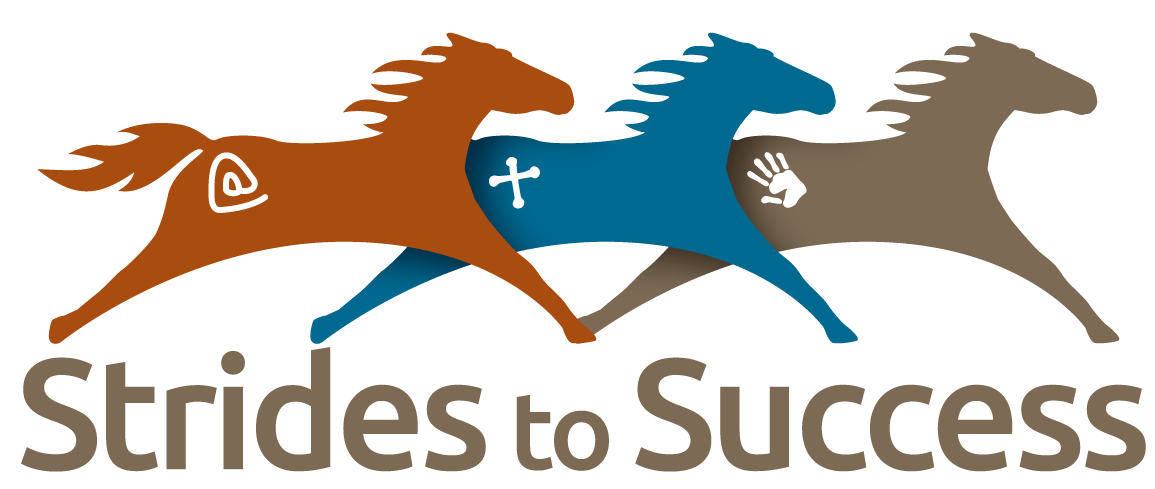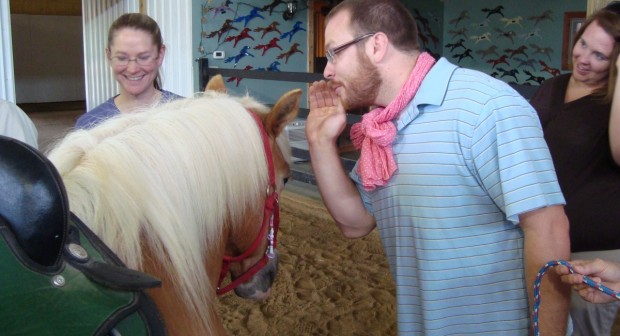“It’s a new normal” This is how Nick Bennett describes life after he was hit by a road side attack in Iraq in 2004. This phrase is common among service men and women who cope daily with the symptoms of Post Traumatic Stress Disorder from trauma experienced during their service. This symptoms of PTSD can include hyper-sensitivity and arousal, generalized anxiety, depression, reoccurring nightmares, flashbacks and many more emotional swings that all affect a person’s ability to cope with everyday life. Many soldiers coming home from deployment are experiencing multiple symptoms of PTSD and can shut down emotionally, avoid social situations, have trouble with relationships especially with family. This “new normal” can be very scary. One veteran spoke about how just leaving the house triggers anxiety. They describe how every tall building houses a sniper in the window, every car the pulls up next to them is full of terrorists or how being in public is a feat of strength to hide the fear they feel. Many of them find a certain peace in high risk activities. Driving fast creates a sense of calmness as one veteran describes it. Doug McLaughlin bought a motorcycle and found high rates of speed and dangerous driving resulted in a head on collision that he was lucky to survive. But he never thought he would find the same sense of peace with a horse.
Strides to Success is a non-profit premiere accredited center located in Plainfield, IN. This unique program is possible through a partnership with the Wounded Warriors Project and the Professional Association of Therapeutic Horsemanship (PATH). Out of the 850 accredited centers in the United States, Strides to Success was one of the centers approved to offer this program. According to Debbie Anderson, Executive Director, Strides was approved because of its premiere accreditation status and reputation for quality programs. Strides to Success celebrated its tenth anniversary this year providing equine facilitated learning and mental health programs to the community. Debbie describes Strides as a laboratory where not only do they offer services to people in need and develop curriculum used across the nation but also where others come to train on best practices in the industry.
Along with an equine specialist and Beth Shupert, a Recreation Therapist for the VA Medical Center in Indianapolis, veterans attend weekly session for 10 weeks at Strides. Each session is about one hour and consists of ground work either as a group or individual with horses as a piece of the bigger picture. When working with horses you have to pay close attention to what they are telling you. Veterans with the symptoms of PTSD already have a hyper-awareness which they can channel into a skill where it becomes an asset while working with the horses. They have to pay close attention to their personal energy as well. They learn that horses will react to their energy level sometimes by matching it and escalating or by disengaging. This gives the client’s immediate feedback and helps them to maintain the sense of awareness but detach from the strong emotion and anxiety keeping them calm. They learn how to self-regulate their emotions and energy through grounding and focusing on the task of building a relationship beginning with trust, something that is very hard for them to do. Using natural horsemanship, they learn the give and take of relationship and how to build it from the ground up with the reward being acceptance and love. They are able to take what they learn and apply it to their life at home. The skills they learn also help them to cope with the chronic pain that often accompanies their injuries. They become empowered to move forward with their goals in life after active duty.
Jasmine Ward, a former Marine MP, struggled with finding a job and maintaining one after leaving active duty. She credits her work with the horses for helping her regain a sense of self confidence that has helped her secure a new full time position. “I’ve learned to ground myself and get my bearings a bit easier that I could before the program.”. She also says she has a greater confidence in her ability to set boundaries in her relationships. Successful experiences like Jasmine’s are common in the work of equine facilitated learning, especially with the veteran population. So how do you fund a project like this? The Wounded Warrior project does provide some grant funding for post 9/11 veterans. But those who served in Desert Storm or prior are funded through scholarship or private pay. No one can deny that the need is great. In Indiana, Strides is the only center in to be selected for the grant and there are only a couple of others that qualified to offer equine facilitated learning and mental health services to veterans. That is why Strides is heading up a virtual fundraising effort to cover the cost of services for these service men and women who aren’t eligible for the Wounded Warrior Project grant. This online auction is not just about raising money but also about raising awareness. If you would like to help, you can donate to the auction or join the virtual street team to help with social media efforts. Contact Strides for more details or visit their home page to make a donation.
Miracles happen when you interact with horses. It opens people up to look at things from a new perspective and forces them to abandon their normal patterns and try something new. It takes time, trust, patience and kindness to develop the kind of relationship that is based upon a mutual exchange and not one based on domination, fear and intimidation. Through their work with horses, veterans go far beyond what traditional talk psychotherapy can give them. Just ask Nick, Doug, Jasmine or any of the other thousands of veterans who have been helped by the power of horses.

